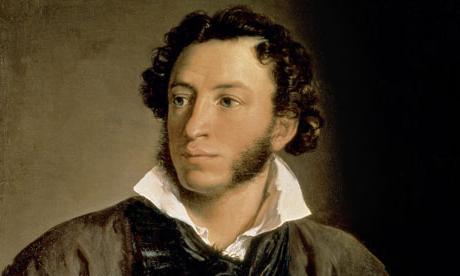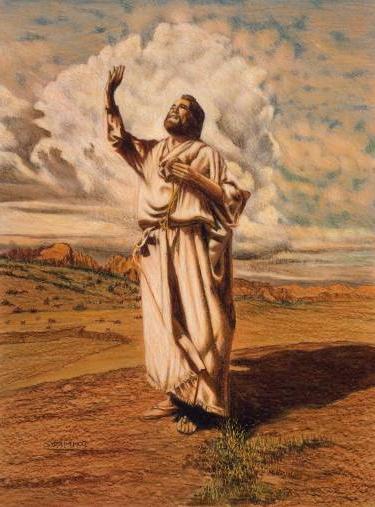The 19th century gave Russian literature two magnificent poets and prose writers, whose talent has been admiring more than one generation. Alexander Pushkin and Mikhail Lermontov had a unique poetic gift, thanks to which they could write a huge number of works in a short period of time. Many writers united, but at the same time, each of them had their own worldview and attitude, which is very clearly seen from their poems of the same name. The "Prophet" by Pushkin and Lermontov reflects the understanding of the poet’s destiny by both authors.

Alexander Sergeyevich in his work preferred to believe that the world would be better, charged readers with optimism, fortitude, a premonition of triumph. Mikhail Yurievich wrote works that fascinate with bitter sorrow, painful sadness, painful feelings, longing for the fact that it is impossible to achieve the ideal. Comparison of the "Prophet" Lermontov and Pushkin allows us to understand the mood and feelings of the authors. Although Mikhail Yuryevich is called the successor of Alexander Sergeyevich, these poets were completely different both in life and in creativity.
Lermontov wrote his poem in 1841, 15 years after Pushkin. This work is a logical continuation of the first poem. If the first one spoke about a man’s wandering in the desert and his acquisition of a prophetic gift, the second work describes his wanderings among the crowd. The connection with biblical characters and the endowment with a supernatural gift is what unites the "Prophet" of Pushkin and Lermontov.
The poem of Alexander Sergeyevich describes the transformation of an ordinary person into an understanding, omniscient and wise prophet, whose fate now lies in guiding people on the true path. He must walk on the earth and speak the truth, convey the truth to human hearts. The author addresses all poets endowed with the gift that they through their works speak with society, re-educate him, open their eyes to the truth.
A comparison of the “Prophet" of Lermontov and Pushkin reveals significant differences between the works. Mikhail Yuryevich begins his work with what Alexander Sergeyevich finished on. He further says that the prophetic gift brought him a lot of pain and suffering, made him experience complete alienation from society. The prophet does not know how to lie, he speaks only the truth, and people do not like it. The crowd prefers calm rather than burning, even if they have to wallow in ignorance.

In the first poem, a person is in high spirits from the fact that he is entrusted with a noble mission, and in the second he describes complete disappointment, the gift becomes a curse, this is what the comparison between the “Prophet” Lermontov and Pushkin shows. In the first work, the hero looks solemn and majestic; in the second, he evokes sympathy. A comparison of the “Prophet” of Lermontov and Pushkin gives an understanding of how different writers can cover the same topic in different ways. Alexander Sergeyevich indicates the true path of the poet, and Mikhail Yuryevich explains how tragic and difficult it is.